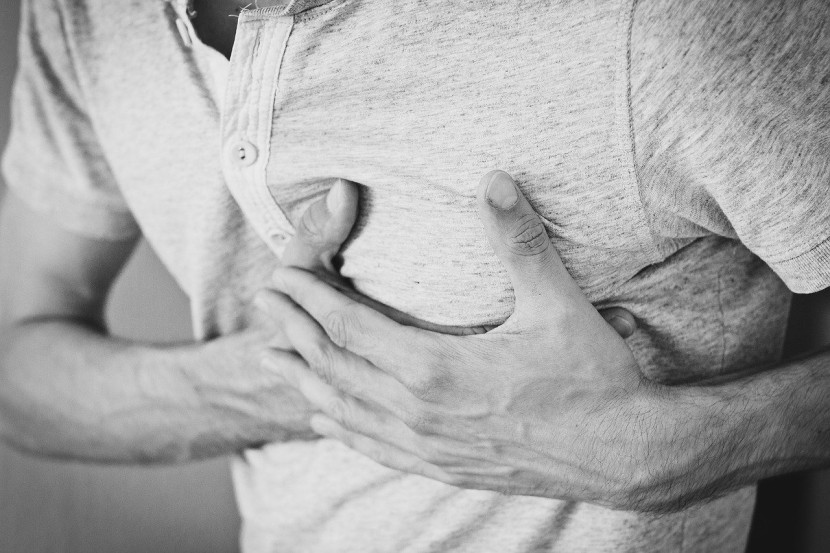
Every 40 seconds, an American citizen has a heart attack, according to the Centers for Disease Control and Prevention (CDC). While the statistic may be appalling, one in four of the population happen to be people who have already experienced a heart attack at least once. It is necessary for them to make lifestyle changes after a heart attack.
Lifestyle Changes to Avoid Reoccurrence
Lifestyle changes and working hand-in-hand with your doctor to sustain your health to reduce the risk of a reoccurrence.
Discipling oneself to secondary prevention habits -- through healthy balanced meals, being physically active, and taking prescribed medications is important, reported The Signal Santa Clara Valley.
Aftermath
If one has had a heart attack, his heart might be damaged. The previous heart attack could adversely affect the heart's rhythm and its capacity to pump blood to parts of the body, reported CDC.
One of the most regularly asked questions people pose is why they are still tired after a heart attack that transpired half a year ago. The answer to the great question: Fatigue is the primary symptom following a heart attack due to the fact that the organ is devoting the majority of its energy to the healing process.
Recovery
Recovery from a heart attack is directly dependent on the seriousness of the condition and how fast it is treated. After the event of the illness, you could expect to remain hospitalized for 3-5 days or until your situation is stable as part of your lifestyle changes after a heart attack, reported Healthline.
Also Read : Having Your Monthly Period? Check Out These Foods Women Should Eat and Avoid During Menstruation
The process of recovery from a heart attack could take several months and it is vital not to rush your rehabilitation. Amid the period, you may receive support and assistance from a range of healthcare professionals including nurses, dietitians, physiotherapists, exercise specialists, and pharmacists.
Ways to Alleviate Reoccurrence
Reoccurrence could be rooted in people who remain to practice lifestyle habits and health biomarkers including abdominal obesity and high blood pressure that contributed to their first heart attack. Also, reoccurrence could be based on unaltered genetics.
1. Keep Your Blood Pressure in Check
Consult with your doctor to make sure that you are sustaining a healthy blood pressure level under 130/80. This is because high blood pressure is both a prime cause and poses a high risk factor for heart attack and stroke.
2. Active Physical Activity
Consult with your health care team regarding your daily life and work. Your doctor might need you to implement boundaries on travel or sexual activity for a while after a heart attack.
3. Accept That Life Will Be Different for a Certain Duration
This is one of the most difficult things for patients to come to terms with after a heart attack as there is a scar healing within them. Simple activities that do not previously tire them will be exhausting them for a certain period. Be patient with yourself as you adapt to lifestyle changes after a heart attack.
Related Article : Why Men Are More Susceptible to COVID-19 Than Women
© 2026 HNGN, All rights reserved. Do not reproduce without permission.








